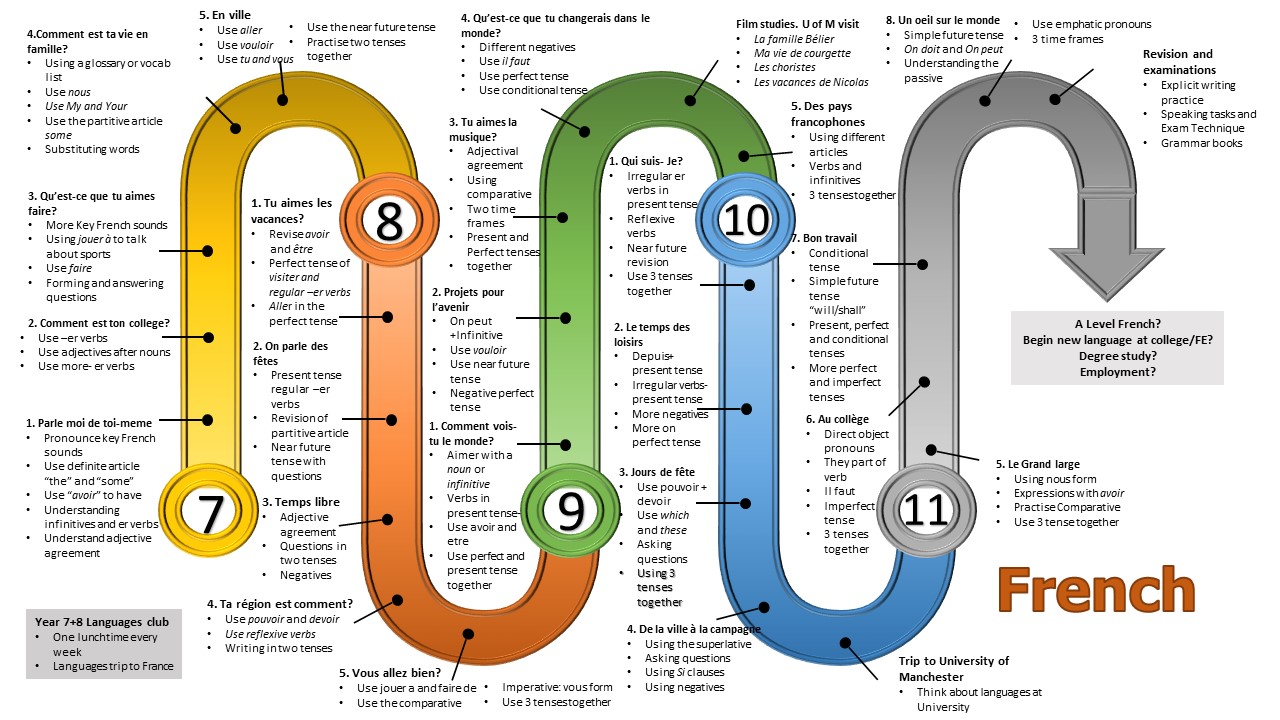Introduction
Our modern foreign languages (MFL) department has two part-time and two full-time language specialists who have one big aim: to instil a love of languages and different cultures into their students!
The National Curriculum for languages aims to ensure that:
- All pupils are provided with a strong exposure to other cultures and a high-quality languages education that fosters their curiosity and deepens their understanding of the world
- All pupils are given the opportunity to express their ideas and thoughts in another language and communicate for practical purposes
- All pupils can understand and respond to speakers, both in speech and in writing
- All pupils learn new ways of thinking, can understand and respond to a variety of speakers, in their studied language
Curriculum intent
We want our learners to be confident and competent communicators. In an increasingly globalised world, languages have never been so important: studying a language is about opening minds and doors onto the world. Our new key stage three and key stage four curriculum for languages provides our pupils with the foundation for pursuing language study and equipping them to work in other countries.
What do students study in modern foreign languages ?
Key stage 3 curriculum overview
Structure
Speaking focus: Picture task + dictation
Writing: Picture task + spellings
Extended writing: 40-50 word task
Listening and reading: Understand and respond to high-frequency vocabulary and structures related to present and future events
Modules
Module 1 – Can I describe myself and my family?
- Meeting and greeting people
- Age and birthdays
- Family members and relationships
Cultural capital:
Learn about French customs
Link to careers:
Learn about becoming an au-pair in France
Module 2 - Can I describe where I live?
- Countries and capitals
- My town
- Activities in my town
Cultural capital:
Learn about places of interest in Francophone countries
Links to careers:
Learn about careers in tourism
Module 3 - Can I describe my life at school?
- My school and uniform
- The time
- My daily routine
Cultural capital:
Learn about the French educational system
Links to careers:
Learn about careers in teaching and education
Structure
Speaking focus: Reading aloud and role play
Writing: Picture task and translation
Extended writing: 40-50 word task
Listening and reading: Understand and respond to high-frequency vocabulary, structures related to present, past, and future events
Modules
Module 1 – Can I talk about my interests and hobbies?
- Sports and sports personalities
- My free time
- My friends and special occasions
Cultural capital:
Learn about French customs such as celebrating Christmas
Link to careers:
Learn about becoming a professional athlete
Module 2 - Can I talk about my lifestyle and wellbeing?
- Food and drinks
- My emotions and well-being
- Changing my habits
Cultural capital:
Learn about traditional eating habits in Francophone countries
Links to careers:
Learn about careers in the food and hospitality
Module 3 - Can I talk about holiday destinations?
- My holiday
- A past holiday
- A dream holiday
Cultural capital:
Learn about ecotourism and travel
Links to careers:
Learn about careers in tourism
Structure
Speaking focus: Conversation and exam skills: RA, RP, PT
Writing: Picture task and translation
Extended writing: 80-90 word task
Listening and reading: Understand and respond to a range of vocabulary and structures related to present, past and future events
Modules
Module 1 – Can I talk about technology, cinema and music?
- New technology and cyber security
- Television and cinema
- Music festivals and events
Cultural capital:
Learn about French music and cinema artists and festivals
Link to careers:
Learn about working in music festivals in France
Module 2 - Can I talk about jobs, careers and future plans?
- Choosing a career
- Jobs
- My future plans
Cultural capital:
Learn about further studies in France.
Links to careers:
Learn about finding a job in France: requirements for a visa
Module 3 - Can I talk about home and abroad?
- Local area, problems and solutions
- France and places of interest
- Shopping and dream locations
Cultural capital:
Learn about the Euro currency and French luxury brands
Links to careers:
Learn about careers in tourism
Key stage 4 curriculum overview
Structure
Speaking exam skills: Produce extended sequences of speech using a range of vocabulary and structures
Writing exam skills: Produce extended texts to express different ideas and opinions
Listening exam skills: Understand and respond to listening scenarios including details and opinions
Reading exam skills: Identify and respond to reading scenarios including details and opinions
Modules
- M 1 - Media and technology and my personal world: Online activities/staying active/television/going out
- M 2 - My personal world: Weekend routine/friends and friendship/what people look like/positive role models/ celebrations
- M 3 - Studying and my future: School life/school subjects/school rules/making progress at school/what school used to be like/learning languages
- M 4 - Lifestyle and wellbeing: Meals and mealtimes/good mental health/illness and accidents/lifestyle changes
- M 5 - Travel and tourism: Holiday and accommodation/ideal holiday/past holidays/festivals/holiday booking/staycation activities
- M 6 - My neighbourhood: Environmental problems/protecting the environment/new technologies
- M 7 - My personal world and my neighbourhood: Adverts/describing a town/directions/shopping/ideal home/visiting another town
- M 8 - Studying and my future: Future plans and hopes/earning money/future careers/jobs
Learning journeys




